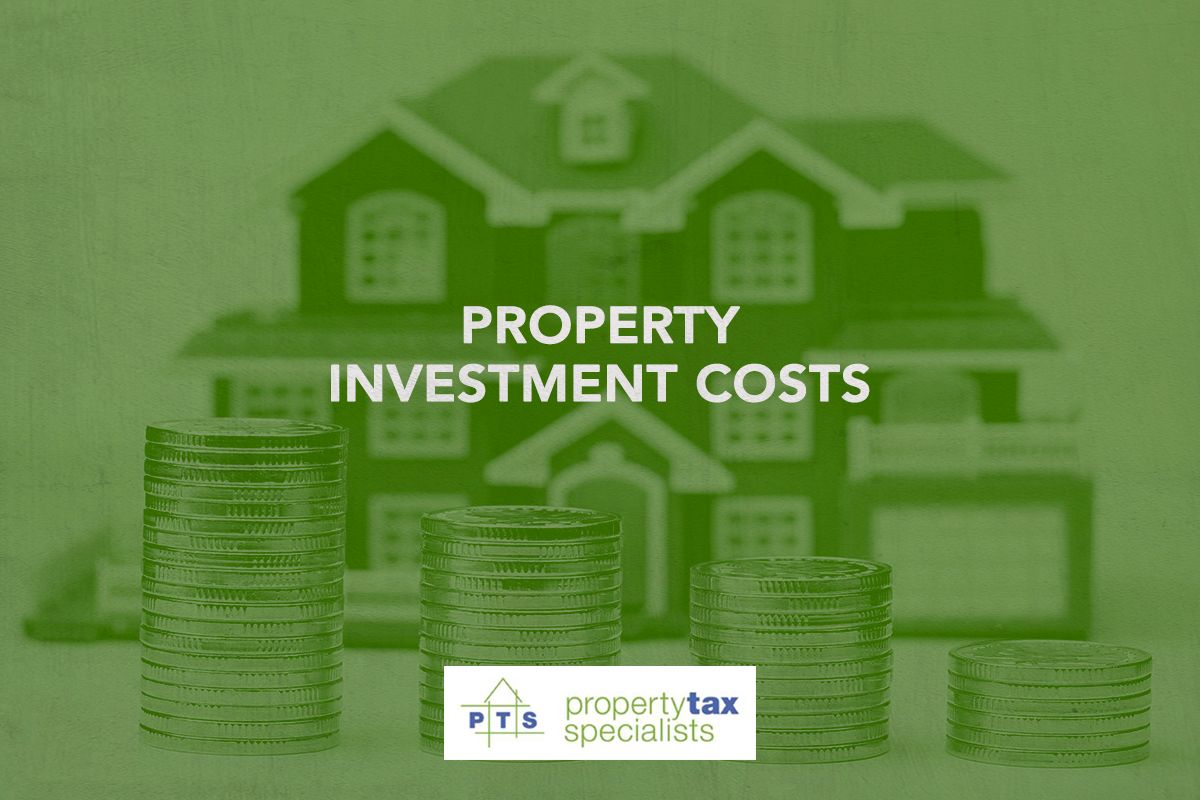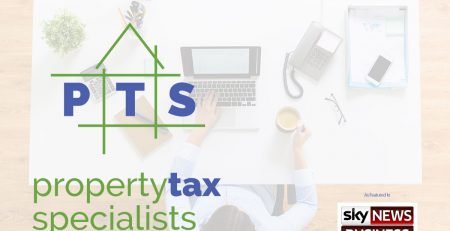What Costs Are Involved in Owning an Investment Property in Australia?
Owning an investment property in Australia has the potential to provide significant financial rewards, but understanding the costs—both initial and ongoing—is essential to accurately projecting your investment returns.
The Australian real estate market can be a goldmine for those who are prepared, but stepping in unprepared can lead to unexpected costs and challenges.
So, here’s what you can expect to pay to start your investment journey and keep it running.

Understanding Property Investment Trusts
If you’re thinking about buying an investment property, it’s worth investigating all the potential ownership structures to make sure you find one that makes sense for your current financial circumstances and future investment goals.
You could own the property outright in your name, or you could purchase the property in a joint ownership structure with someone else.
Another strategy you might not have thought of is a trust structure.
Rental Property Acquisition Costs
Acquiring an investment property in Australia involves several upfront costs. These usually take the form of:
Deposit
The deposit is the initial payment made towards the purchase of the property. In Australia, a deposit typically ranges from 5% to 20% of the property’s value. However, most banks and non-bank lenders prefer that you have at least 20% if you want to avoid paying lenders’ mortgage insurance (LMI).
LMI is an insurance policy that protects the bank in the event that you’re unable to fulfil your minimum repayment obligations.
Should you decide to pay a deposit less than 20%, you’ll need to factor in LMI as an acquisition cost (although it can be included in your mortgage).
Mortgage Application Fees
When applying for a mortgage, your provider will charge various fees to cover processing costs and administrative expenses.
Mortgage application fees can vary, so it’s worth comparing lenders to find the most competitive rates.
Stamp Duty
Stamp duty is a state government tax payable on the transfer of a property’s title from the previous owner to the new one. As it is a state-based tax, the cost will depend on where you purchased your property and how much it cost you.
For example, an $850,000 property in New South Wales will cost you an extra $33,340 in stamp duty. In Queensland, the same property will cost you an extra $24,000. There could be additional stamp duty surcharges if you are a foreign purchaser.
This expense is one that often catches new property investors out, so make sure to research your state’s or territory’s requirements and use their calculator tools to estimate how much you should budget.
Legal Fees
Legal fees are the costs incurred in hiring a conveyancer or solicitor to organise contracts and other necessary legal documents. In Australia, legal fees for property acquisition can range between $1,500 and $2,000.
Property Inspections
Before purchasing an investment property, it is advisable to conduct thorough property inspections to identify potential issues or defects. Inspection costs can vary depending on the area and size of the house, with building and pest inspection fees ranging from $300 to $1,000.
These inspections can help you avoid costly repairs later and ensure you are making an informed decision when buying an investment property, so they’re worth including in your acquisition budget.

Ongoing Costs for Investment Properties
Once you’ve purchased your property and covered all the acquisition costs, you need to start budgeting for the ongoing ownership costs, some of which are listed below.
Mortgage Repayments
One of the most significant ongoing costs will be your mortgage repayments. These payments are made on a regular basis, typically monthly, and contribute to paying off the home loan taken out to finance the investment.
In most cases, lenders will assess your affordability prior to granting you the loan, but this is something you should be prepared to cover if you’re unable to generate enough rental income from your investment property.
Land Tax
Investment properties in Australia may attract land tax, which is an annual charge based on the value of the land your property is on. The rates and thresholds for land tax vary from state to state. There could be additional land tax surcharges if you are a foreign purchaser.
Income Tax on Rental Income
Investment property owners in Australia are required to pay tax on the rental income they receive. This tax is calculated based on the investor’s income tax bracket and takes into account expenses that can be claimed as tax deductions, such as property management fees and maintenance costs.
You may be interested in reading: The 11 Investment Property Tax Deductions You Can Claim
Insurance
Property investors need to consider the cost of insurance for their investment properties. This can include building and contents insurance as well as landlord insurance, which offers protection against potential tenant-related issues such as rental default and property damage.
Maintenance
Regular upkeep, repairs, and improvements are necessary to maintain the value and appeal of the property for tenants.
Council Rates
Most property owners in Australia must pay council rates, which cover services provided by local governments such as rubbish collection and street maintenance. Rates are usually calculated based on the property’s land value and can vary depending on the local council.
Body Corporate Fees
If you buy a property within an apartment block or townhouse block, you’ll generally have to pay body corporate fees, which will cover the cost of maintaining the common areas, such as the gardens and swimming pool areas.
Tax Accountant
Lastly, property investors may benefit from engaging a tax accountant to manage their investment property tax returns. Although not always necessary, using an experienced tax accountant can ensure that you claim all relevant tax deductions and help you make tax-efficient decisions regarding your investment property.
Case Study Example: Investment Property Costs for a $950,000 Townhouse
For the sake of this example, we’ll consider this property to be a residential property in New South Wales, which has a fairly representative cost structure.
The costs of acquiring the property can include the purchase price, stamp duty, legal fees, building inspections, and loan costs.
| Acquisition Cost | Amount ($) |
| Purchase Price | 950,000 |
| Stamp Duty | 38,490 |
| Legal Fees | 2,000 |
| Building Inspection | 500 |
| Loan Costs | 1,000 |
| Total Acquisition Cost | 992,990 |
Now, let’s consider the ongoing annual costs for the property, including council rates, insurance, property management fees, maintenance, and other potential costs such as strata fees (if it’s a unit in a strata scheme) and vacancies:
| Ongoing Property Investment Costs | Amount ($) |
| Council Rates | 2,000 |
| Insurance | 1,200 |
| Property Manager | 2,250 (10% of rent) |
| Maintenance | 3,000 |
| Strata Fees | 4,000 |
| Vacancy (2 weeks rent) | 1,900 |
| Total Annual Cost | 14,350 |
For rental income, let’s assume the property is rented for $450 per week for 50 weeks of the year (allowing for 2 weeks of vacancy), which results in an annual rental income of $22,500.
| Rental Income | Amount ($) |
| Weekly Rent | 450 x 50 weeks |
| Total Annual Income | 22,500 |
Note: You’ll want to consult with a financial advisor or property professional for more personalised advice, but hopefully this gives you a rough idea of some of the costs involved with an investment property in Australia.
Key Takeaways
- Recognising both the initial acquisition costs and ongoing expenses related to owning an investment property in Australia is crucial for accurate financial planning.
- Before purchasing an investment property, thorough research and budgeting is required to avoid unexpected costs and ensure the investment remains profitable.
- Engaging services of professionals like a tax accountant can help manage complex aspects of property ownership, such as taxation, maximising returns, and reducing risks.
If you’ve decided to take the leap and start your investment journey but need some help navigating your tax obligations and how to best structure your investment to maximise its protection and tax efficiency, contact Property Tax Specialists today.
Disclaimer
Please note that every effort has been made to ensure that the information provided in this guide is accurate. You should note, however, that the information is intended as a guide only, providing an overview of general information available to property buyers and investors. This guide is not intended to be an exhaustive source of information and should not be seen to constitute legal, tax or investment advice. You should, where necessary, seek your own advice for any legal, tax or investment issues raised in your affairs.



